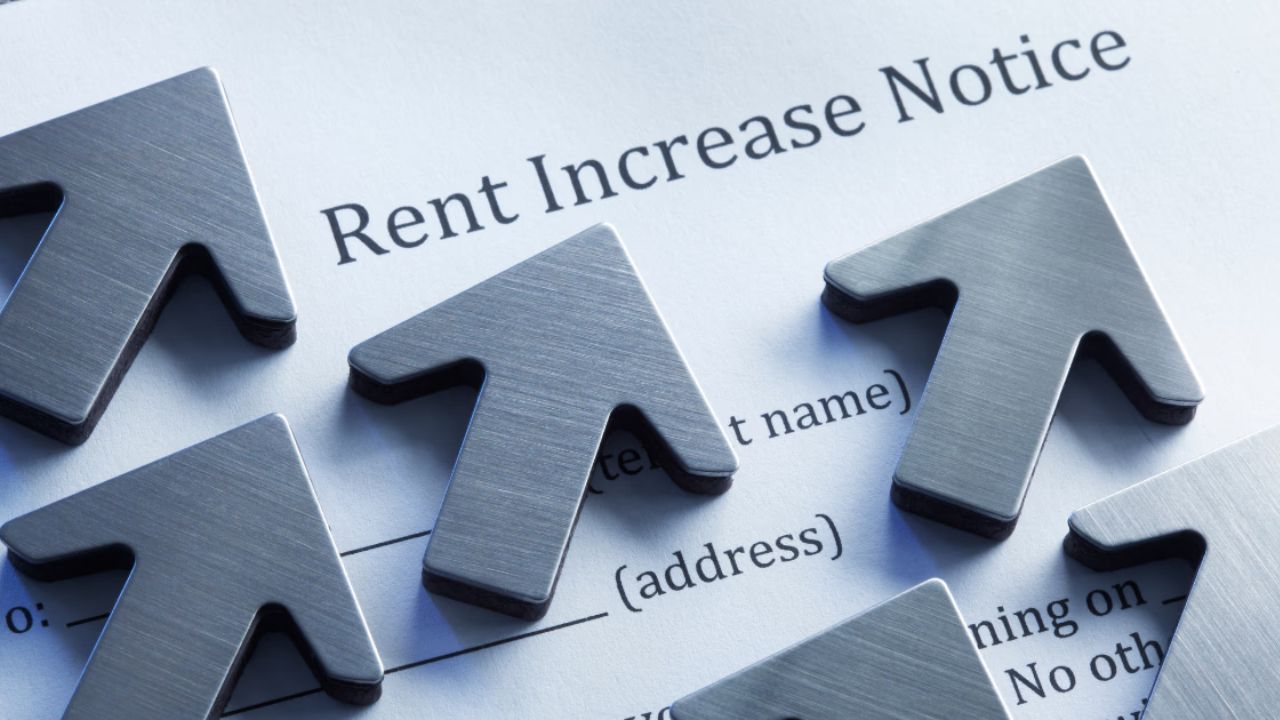
In Dubai’s regulated rental market, the notice required for rent increases plays a crucial role in maintaining transparency between landlords and tenants. According to Dubai’s Real Estate Regulatory Agency (RERA), landlords must give a 90-day written notice before increasing rent or modifying lease terms. This regulation ensures fair practice and stability in rental relationships, especially in a market as dynamic and fast-evolving as Dubai’s. Whether you’re a landlord or tenant, understanding the nuances of the 90-day rule is essential for making informed property decisions in 2025.
Dubai Tenancy Law and RERA Guidelines
The requirement for a 90-day notice stems from Law No. 26 of 2007 and its subsequent amendments. Article 14 specifically mandates that any intended change to lease conditions, including rent increases, must be communicated in writing at least 90 days before the end of the current lease term unless the tenant agrees otherwise.
This rule applies to both residential and commercial properties and is enforceable through the Rental Dispute Settlement Centre if violations occur.
Purpose and Importance of the 90-Day Notice
For Landlords
Landlords benefit from this law as it formalizes the rent increase process and helps avoid last-minute disputes. The notice period also gives landlords a chance to evaluate market conditions, adjust expectations, and provide justification using RERA’s official rental index.
For Tenants
Tenants are protected from unexpected rent hikes and have sufficient time to:
- Accept the new terms
- Negotiate a new lease
- Serve their own notice to vacate
This framework enhances trust and reduces the legal and financial burden associated with sudden rent changes.
Key Conditions and Application in Practice
Mode of Notification
The notice must be issued in writing and delivered through approved channels such as:
- Registered courier
- Email (if accepted as formal communication in the lease)
- Notarized legal notice
Failure to provide a valid notice through these methods may nullify the landlord’s right to increase rent.
Timelines and Calculation
If a lease ends on December 31, for example, the rent increase notice must be served no later than October 2. Any notice served after this date does not comply with the law, and the rent must remain unchanged unless mutually agreed upon.
Using the RERA Rental Index for Justification
Dubai’s Rental Index Calculator is a publicly available tool designed to prevent unreasonable rent hikes. When landlords intend to increase rent, they must ensure the proposed hike complies with RERA’s thresholds, which are based on:
- Current rental value of similar units in the same area
- Property condition and amenities
- Market supply and demand
If a landlord proposes a 20% increase, but RERA allows only 10%, the tenant has the right to dispute the increase.
Dispute Resolution and Tenant Recourse
Filing a Complaint
If the 90-day notice requirement is not met, tenants can file a complaint with the Rental Dispute Settlement Centre (RDSC). RDSC typically rules in favor of tenants if the legal process is not followed correctly.
Evidence Required
Tenants must provide:
- A copy of the lease agreement
- Proof of communication (or lack thereof)
- The proposed notice (if any)
RDSC may nullify any rent increases if procedural rules have been violated.
Implications of Not Following the 90-Day Rule
For Landlords
Failure to provide timely notice can result in:
- Inability to raise rent for the next term
- Legal disputes
- Loss of credibility in the tenant market
For Tenants
Lack of awareness can lead to:
- Accepting unlawful rent increases
- Overpaying due to pressure or misinformation
- Legal uncertainty and short-notice relocations
Also Read: Retirement in Dubai
2025 Trends and Observations
With rising demand in prime areas like Downtown Dubai, Dubai Hills, and Palm Jumeirah, landlords are increasingly seeking rent adjustments. However, enforcement of the 90-day notice required for rent increases has become stricter in 2025 to maintain market balance and investor confidence.
Technology is also playing a role many property management platforms now offer automated notifications to ensure compliance with the 90-day window.
The notice required for rent increases is not just a procedural detail it is a fundamental protection built into Dubai’s rental framework. In 2025, with rental prices on the rise and tenant rights in focus, both landlords and tenants must understand and respect the 90-day rule. This legal structure promotes stability, protects tenant rights, and fosters a transparent rental ecosystem. Ignorance of the law can be costly, but informed actions can lead to smoother lease negotiations and long-term real estate success in Dubai.
